Extending Reality for Education in 2022

XR is capturing the attention of educational institutions as they seek new ways to attract students, cut costs, compete, and survive. Ruth Hill, Head of Learning Experience at Bodyswaps, discusses how access to hardware and expertise are challenging its uptake – and presents an opportunity to help educators get started.
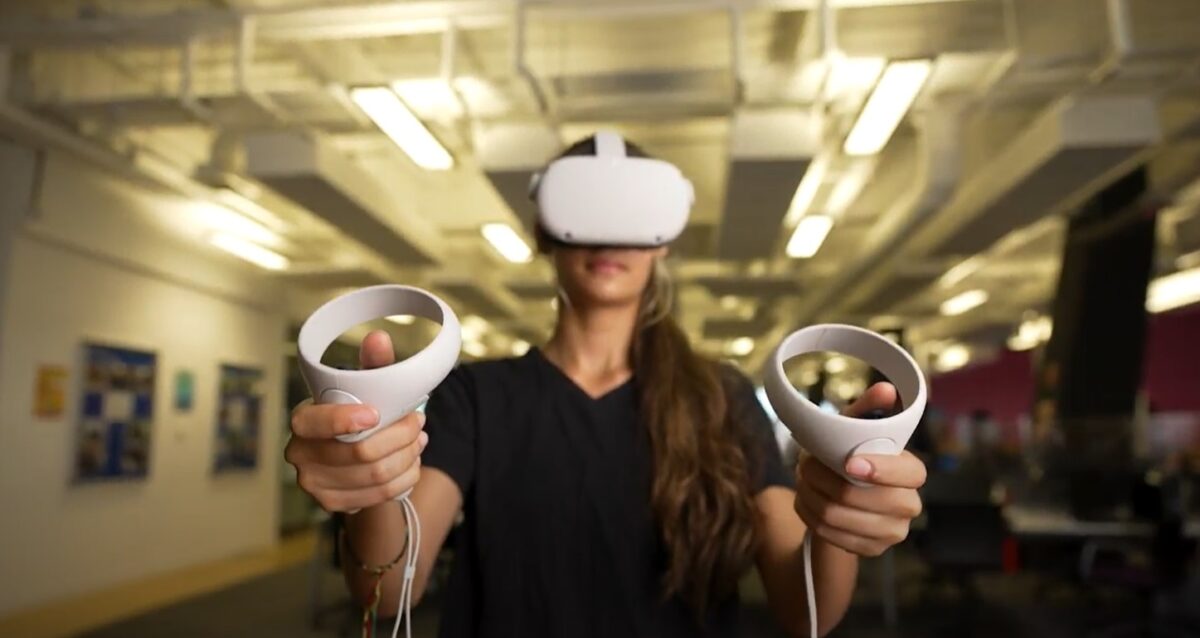
Shaping the future of education
Ever since educational establishments emerged from the constraints of the pandemic, there has been much debate about what the future of education should look like.
The sudden need for social distancing during lockdown forced educators to take their teaching online, with little or no time to prepare digital activities and materials in advance. The solution most often took the form of ‘Emergency Remote Teaching (ERT)’ over Zoom, Microsoft Teams or Google Meets, which left many students and teachers feeling uninspired, unsupported and increasingly frustrated.
The video conferencing tools brought their own challenges. Institutions struggled to provide uniformly high-quality education to students with disparate and often limited access to broadband and digital devices. And learners, studying from their homes and bedrooms, often needed to turn their webcams off for privacy reasons. But this made it hard for teachers to build rapport with students whose faces they couldn’t see.
Many felt like they were “teaching into the void,” which left them “feeling exhausted and sapped their satisfaction with no motivation to engage in teaching.”

As the schools remained closed, students missed out on the social as well as academic aspects of the physical classroom, with many teenagers and young adults now expressing profound anxiety about their future. Meanwhile, students and teachers often had a hard time adjusting quickly to online learning, and dreamed of the day when schools could return to normal.
New technology brings significant opportunities but challenges remain
Perhaps surprisingly given the challenges experienced during lockdown, now that the world has emerged into the ‘new normal’, a return to business as usual has proven less popular than previously imagined. Just as many workers are still reluctant to return to their daily commute in 2022, the imperative in tertiary education has moved away from in-person teacher-led models towards a new hybrid pedagogy. One that combines the advantages of online instruction with face-to-face interactions.
Over time, many teachers and students have come to recognise the advantages of being able to interact remotely in real-time. And, for institutions that were able to provide access to quality materials and technology, evidence has emerged suggesting an improvement in academic performance for some learners.
With adequate support, immersive learning technologies can help teachers and students transcend the boundaries of the classroom with new experiences and environments for building communities of inquiry and practice.
While most university teachers feel that online learning is useful, they don’t often have the expertise to create transformative future-oriented digital learning resources for themselves.
The path to extending realities in education is not always easy to navigate.
Designing effective digital learning experiences, with the power to transform teaching practices, requires a paradigmatic shift in pedagogy that takes time, expertise and resources – to which many educators have limited access.
However, support in this regard is available to colleges and universities. Choosing the right partners is a prudent strategy for bringing in the expertise and resources educational establishments need to quickly assess, design, and deploy the right solution, but the associated costs can be high.
Strategic investment in the development of innovative new learning experiences and the associated hardware may prove elusive until the benefits can be experienced first-hand. And financial losses sustained during the pandemic, coupled with the current cost of living crisis, means that funds are needed elsewhere.
This is where Bodyswaps and Meta can help…

New educational blends that combine traditional instructional methods with innovative tools and methodologies offer significant opportunities to transform teaching and learning. At Bodyswaps, we’re seeing great enthusiasm from both teachers and students who are excited about the opportunities that our virtual reality simulations can provide – and the learning outcomes are proving to be phenomenal.
In recent trials, 87% of students reported enhanced awareness of areas where they could improve. 95% of students said that they would recommend the experience to others and 85% of students reported an improvement in their confidence following completion of the training.
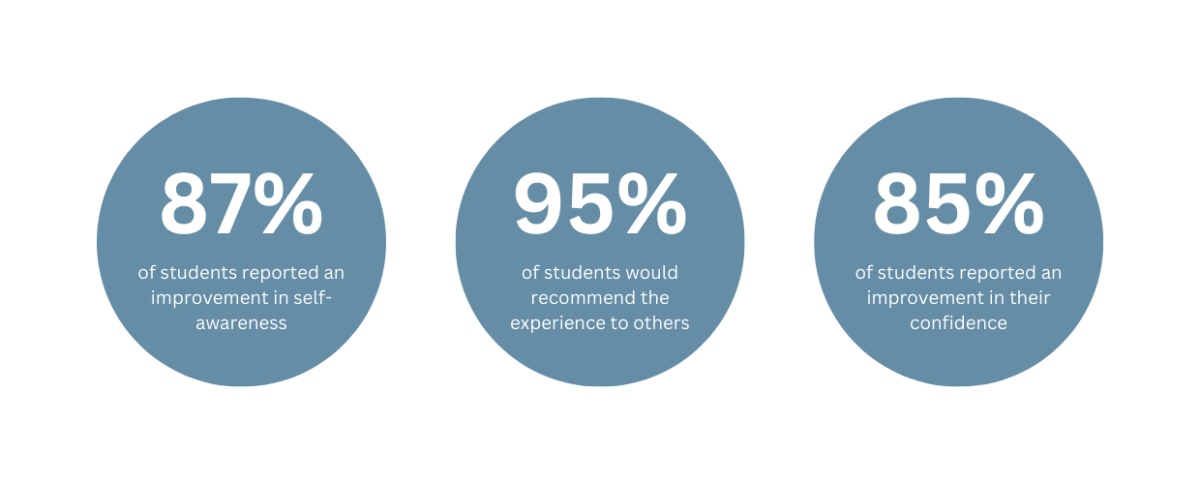
Our virtual reality solutions deliver engaging, immersive simulations where students can practise and perfect real-world skills in complete psychological safety, with AI-driven personalised performance feedback that even human coaches would be hard pressed to replicate.
“I absolutely loved this way of learning”
“Great! It was a really immersive experience that gets you thinking.”
“I enjoyed the interactive aspect of these modules, it was helpful to use the voice feature when answering questions because it made it feel like a real conversation.”

Immersive learning lends itself especially well to active, collaborative and social-constructivist learning activities. These are much needed for young people whose personal, social and ‘learning to learn’ competencies were neglected during lockdown because the more widely available ERT technologies could not easily support them.
In an exciting new partnership, announced this week (November 16th, 2022), Bodyswaps and Meta Immersive Learning will be helping 100 higher and further education institutions across the UK, North America and most of Europe to experience the future of education. Participating institutions will receive 3 months’ unlimited access to Bodyswaps’ full soft skills learning library, along with hardware donations of Meta Quest 2 VR headsets.
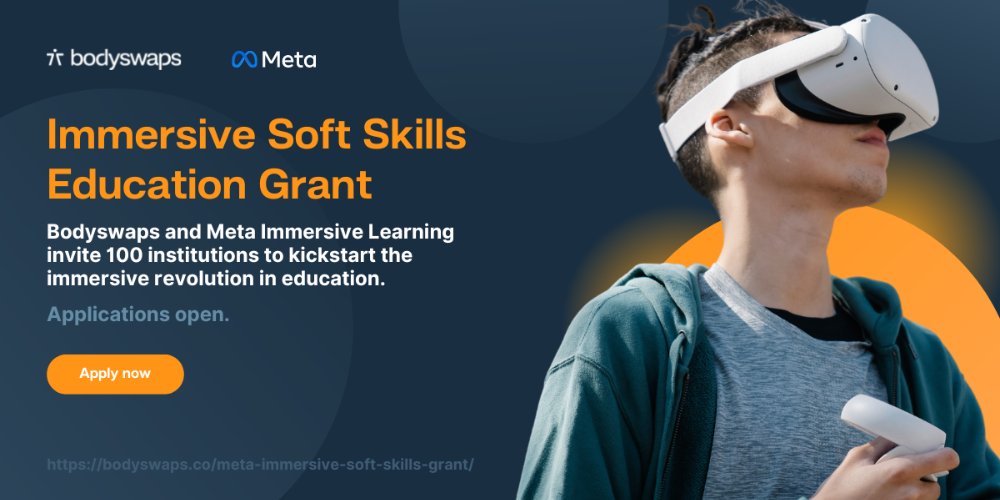
Historically, pandemics have forced society to break away from the old ways and re-imagine the future and the COVID pandemic is no exception. In the words of author Arundhati Roy, the pandemic has been “a portal, a gateway between one world and the next.” This seems a particularly fitting metaphor for schools who are exploring how education in extended reality might provide a holistic and flexible education that prepares young people to succeed in a rapidly changing and diverse new world.
By Ruth Hill, Ph.D., Head of Learning Design, Bodyswaps.
Find out more and apply to the Immersive Soft Skills Education Grant
To find out if you’re eligible for this exciting opportunity and to apply, head over to the Bodyswaps website.



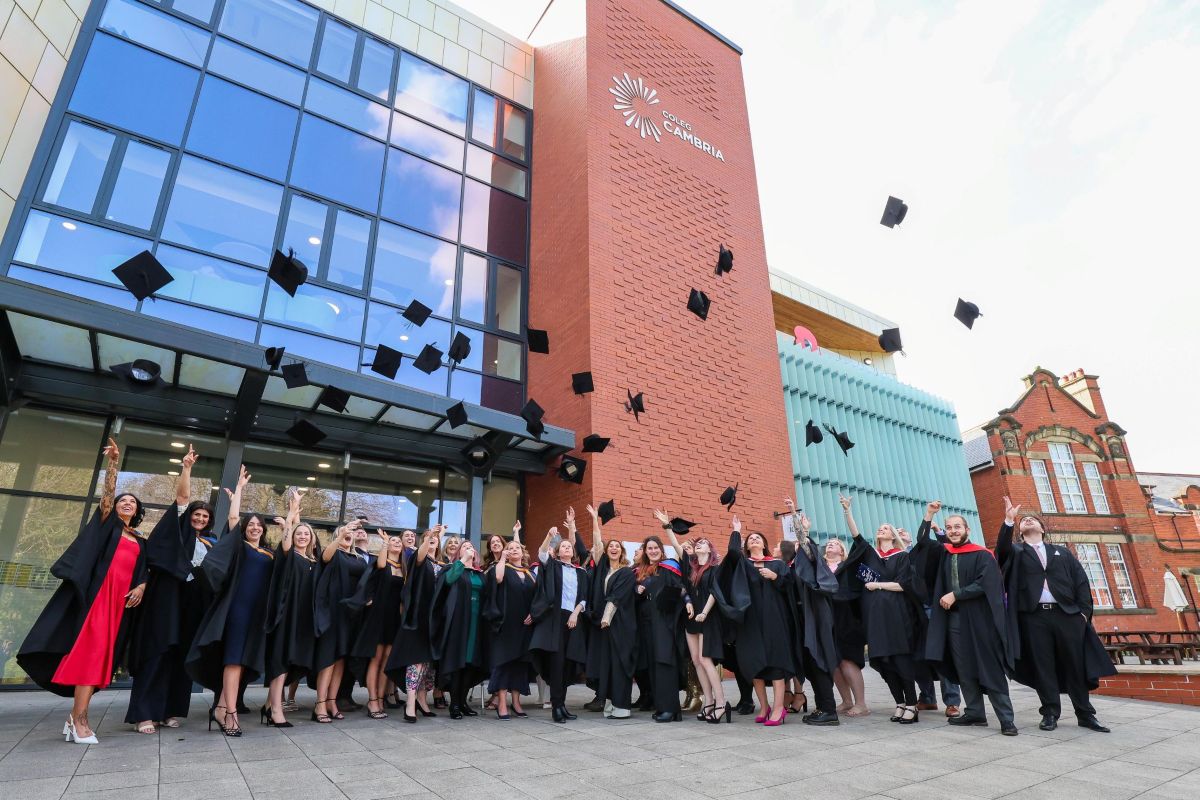

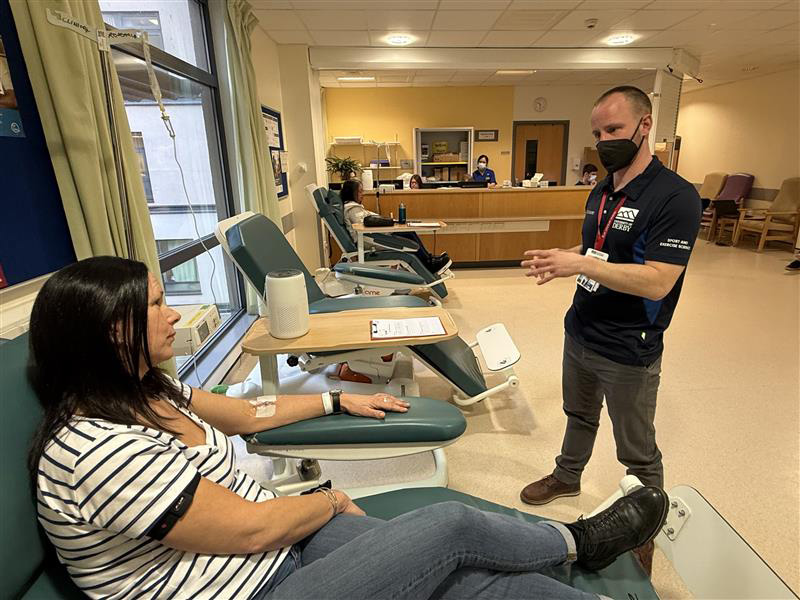



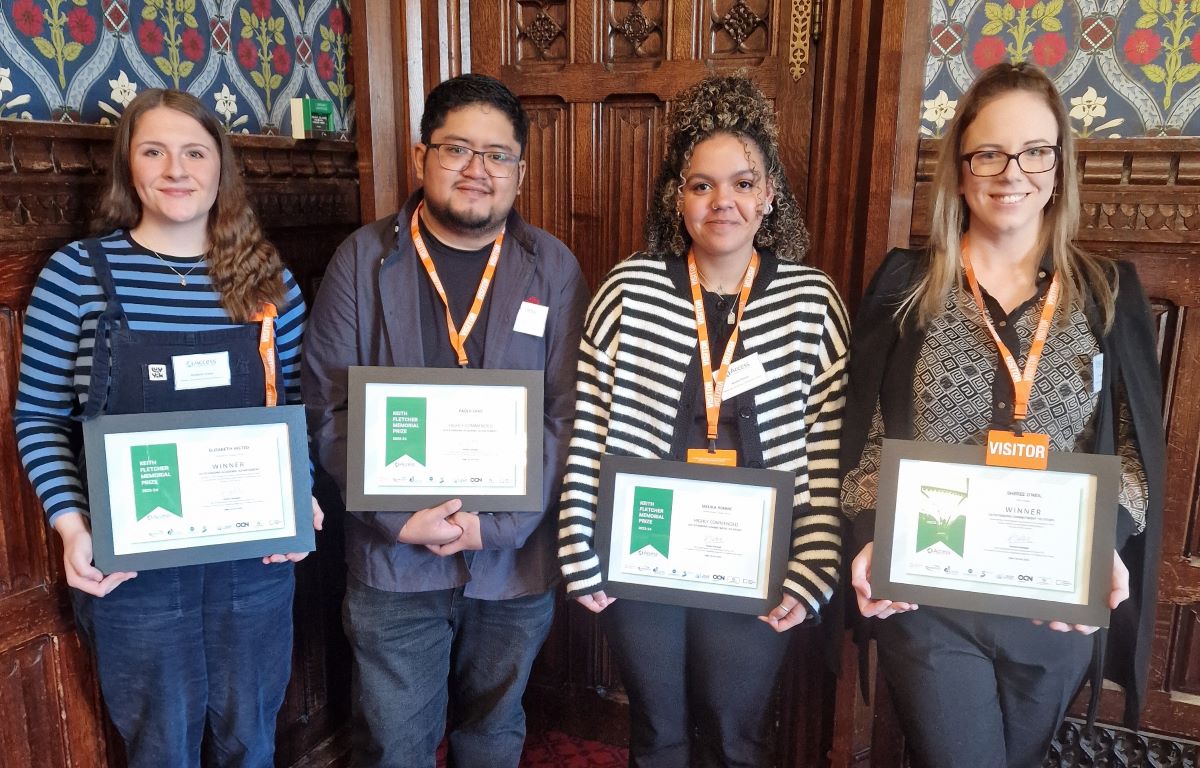
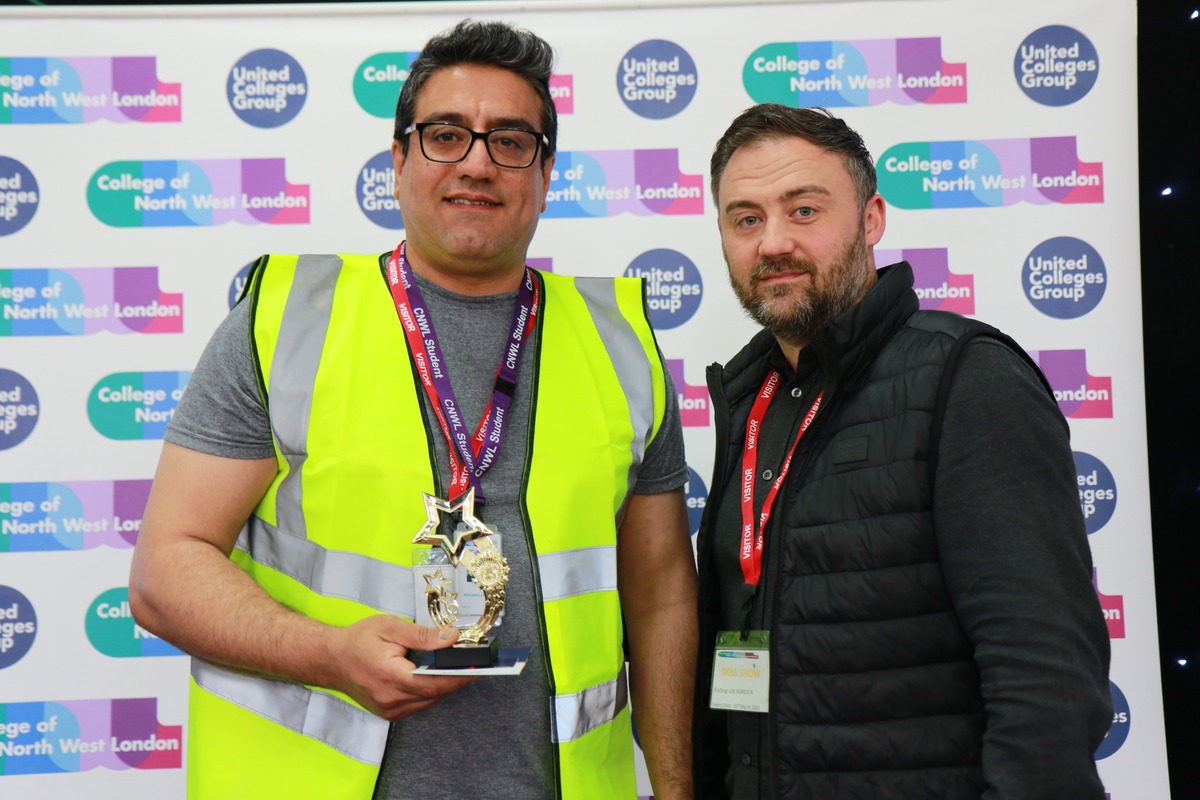
Responses